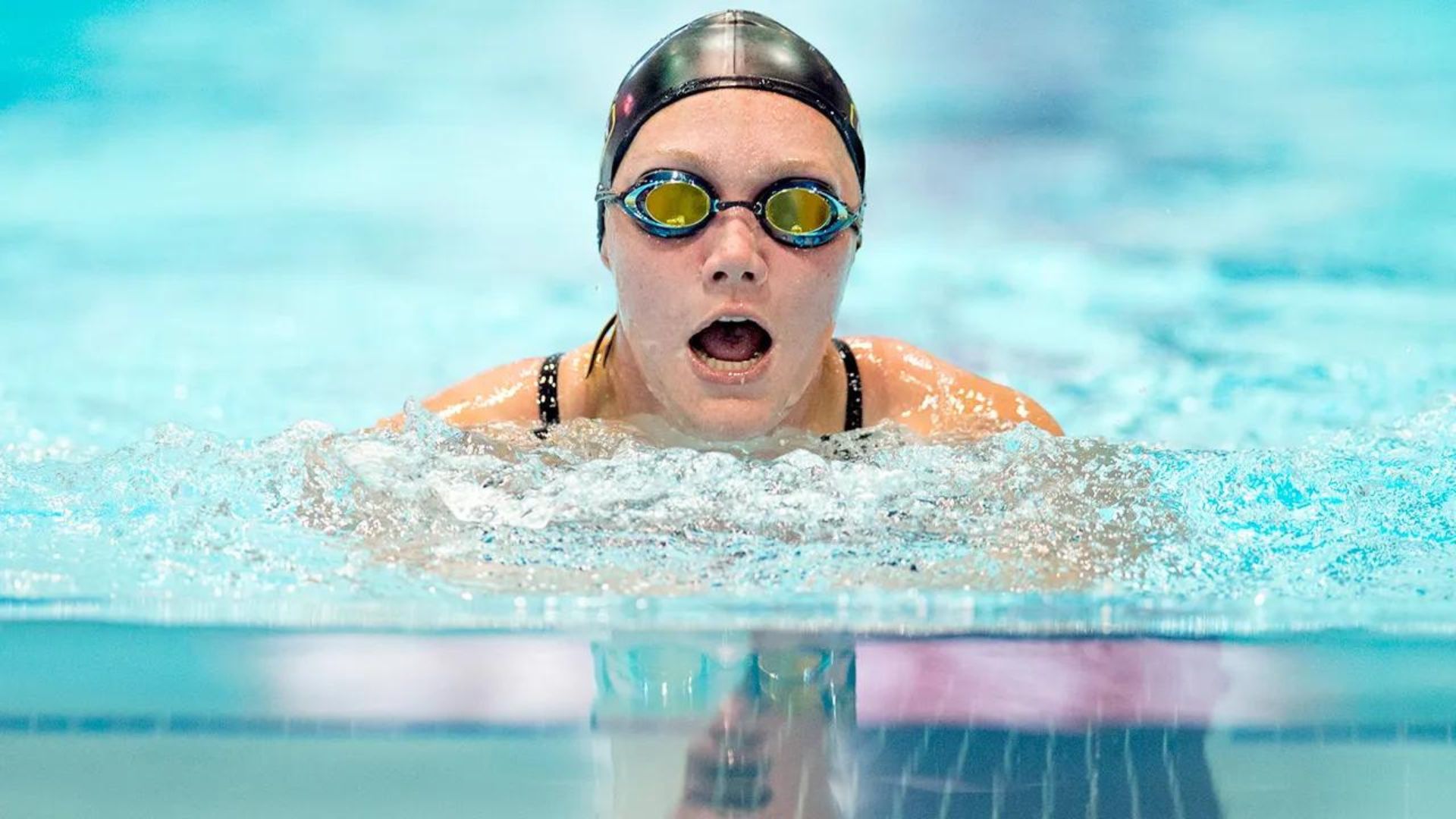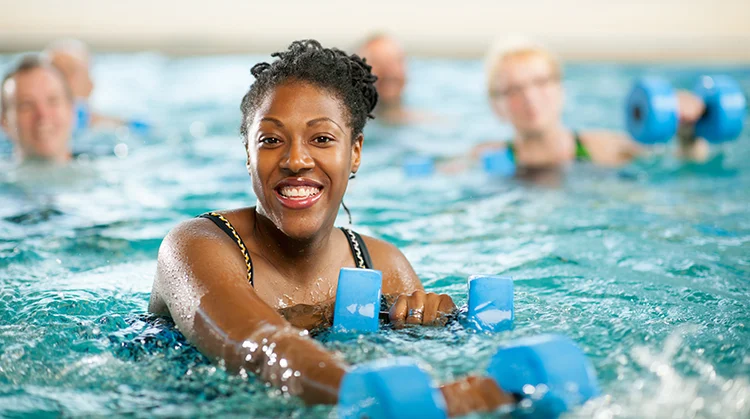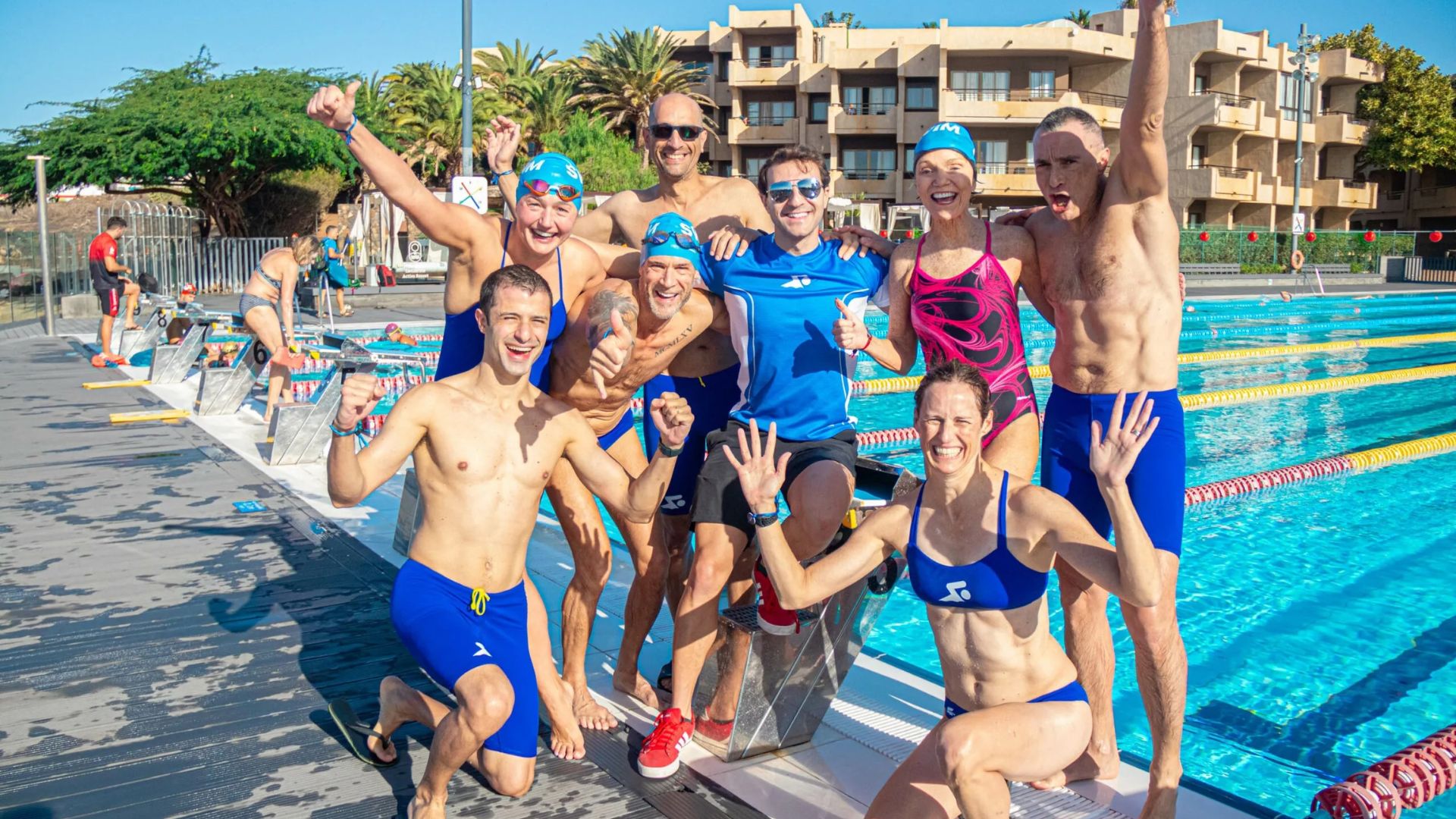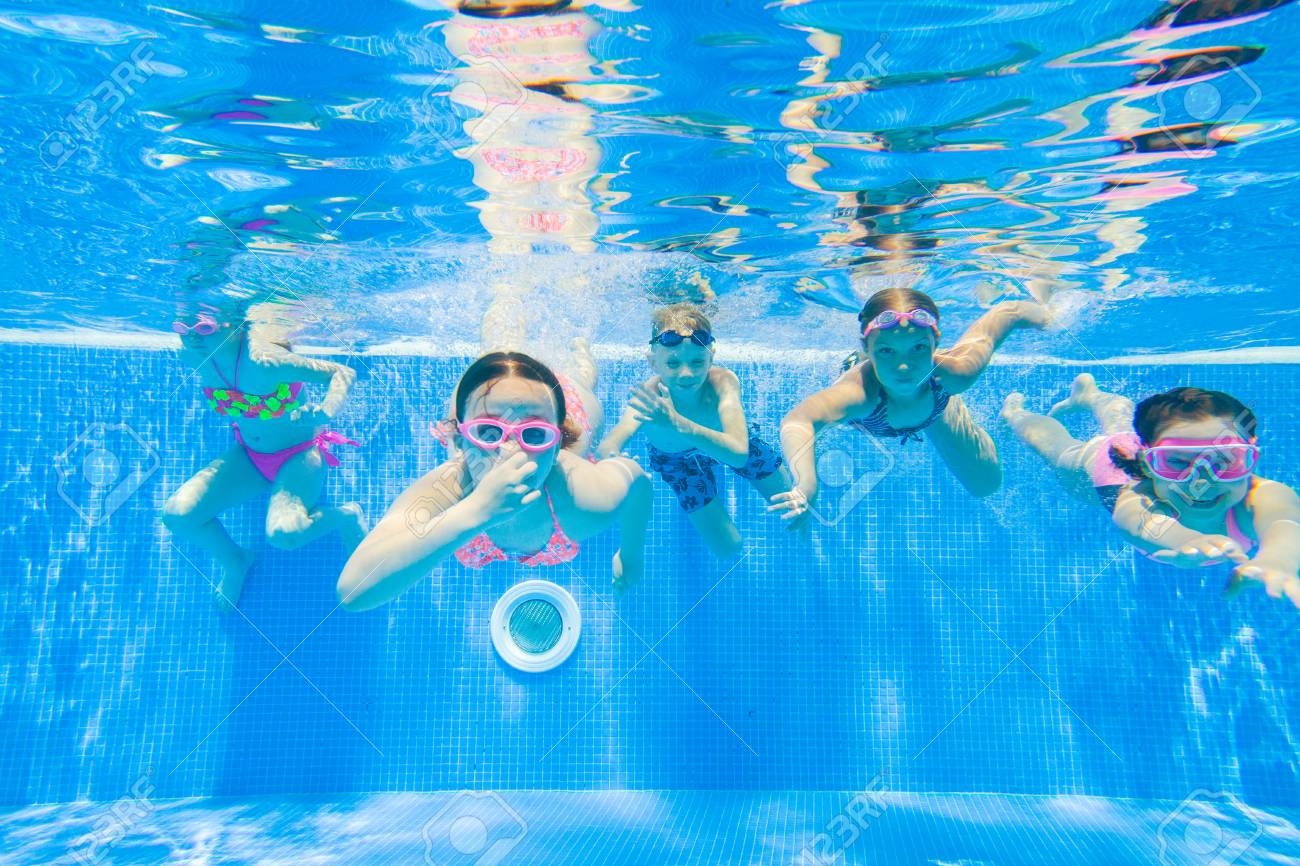Integrating mental training into swimming club practices can significantly enhance athletes’ performance, resilience, and overall well-being. Here’s a detailed guide on the best practices for incorporating mental training into swimming club routines.
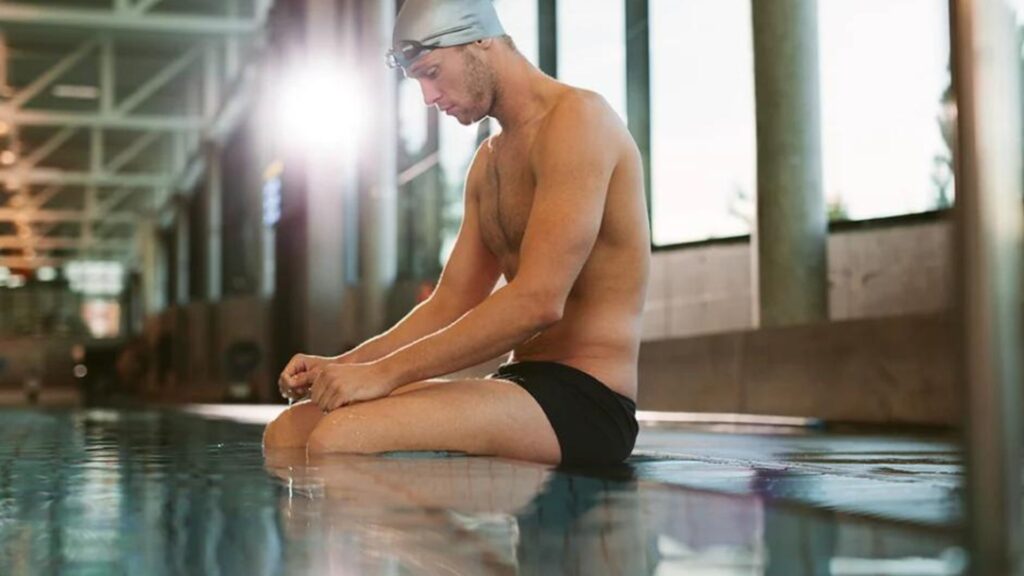
Understanding the Importance of Mental Training
Swimming is as much a mental sport as it is physical. Mental training helps athletes develop focus, manage stress, build confidence, and maintain motivation, all of which are crucial for success in competitive swimming.
Benefits of Mental Training for Swimmers:
- Enhanced Focus and Concentration: Mental techniques improve swimmers’ ability to concentrate during races and training sessions, leading to better performance.
- Stress Management: Techniques like visualization and mindfulness help swimmers manage pre-race nerves and stay calm under pressure.
- Confidence Building: Mental training instills belief in swimmers’ abilities, boosting self-confidence and resilience in the face of challenges.
- Improved Motivation: Setting and achieving mental goals alongside physical goals keeps swimmers motivated throughout their training.
Best Practices for Integrating Mental Training
1. Pre-Race and Pre-Training Mental Preparation
- Visualization: Encourage swimmers to visualize successful races and practices, imagining every detail from start to finish.
- Relaxation Techniques: Teach relaxation exercises such as deep breathing or progressive muscle relaxation to help swimmers stay calm and focused.
2. Goal Setting and Mental Goals
- SMART Goals: Set Specific, Measurable, Achievable, Relevant, and Time-bound (SMART) mental goals alongside physical goals.
- Process-Oriented Goals: Focus on goals related to mindset, such as maintaining positive self-talk or staying focused during challenging sets.
3. Mindfulness and Meditation
- Mindfulness Practices: Introduce mindfulness techniques to help swimmers stay present and aware of their thoughts and emotions.
- Meditation Sessions: Schedule regular meditation sessions to enhance mental clarity, reduce stress, and promote overall well-being.
4. Positive Psychology and Mental Resilience
- Positive Self-Talk: Teach swimmers to replace negative thoughts with positive affirmations, fostering a resilient mindset.
- Strengths-Based Approach: Focus on identifying and leveraging swimmers’ strengths to enhance confidence and motivation.
5. Sports Psychology Workshops and Resources
- Guest Experts: Invite sports psychologists or mental training experts to conduct workshops on mental skills development.
- Educational Materials: Provide reading materials, podcasts, or online courses focused on sports psychology and mental training.
Implementing Mental Training in Swimming Clubs
- Coaching Integration: Ensure coaches incorporate mental training seamlessly into daily practices, emphasizing its importance alongside physical conditioning.
- Individualized Approach: Tailor mental training techniques to each swimmer’s personality, goals, and needs for maximum effectiveness.
- Feedback and Evaluation: Regularly assess swimmers’ progress in mental training, providing feedback and adjusting strategies as necessary.
Conclusion
Integrating mental training into swimming club practices is essential for enhancing athletes’ performance, resilience, and overall enjoyment of the sport. By implementing these best practices—preparation techniques, goal setting, mindfulness, positive psychology, and educational resources—clubs can empower swimmers to develop strong mental skills that complement their physical abilities.
Encourage swimmers to embrace mental training as a vital component of their swimming journey, promoting not only competitive success but also personal growth and well-being. With consistent practice and support from coaches and peers, swimmers can cultivate a positive mindset that translates into improved performance and lasting achievements in the pool.
